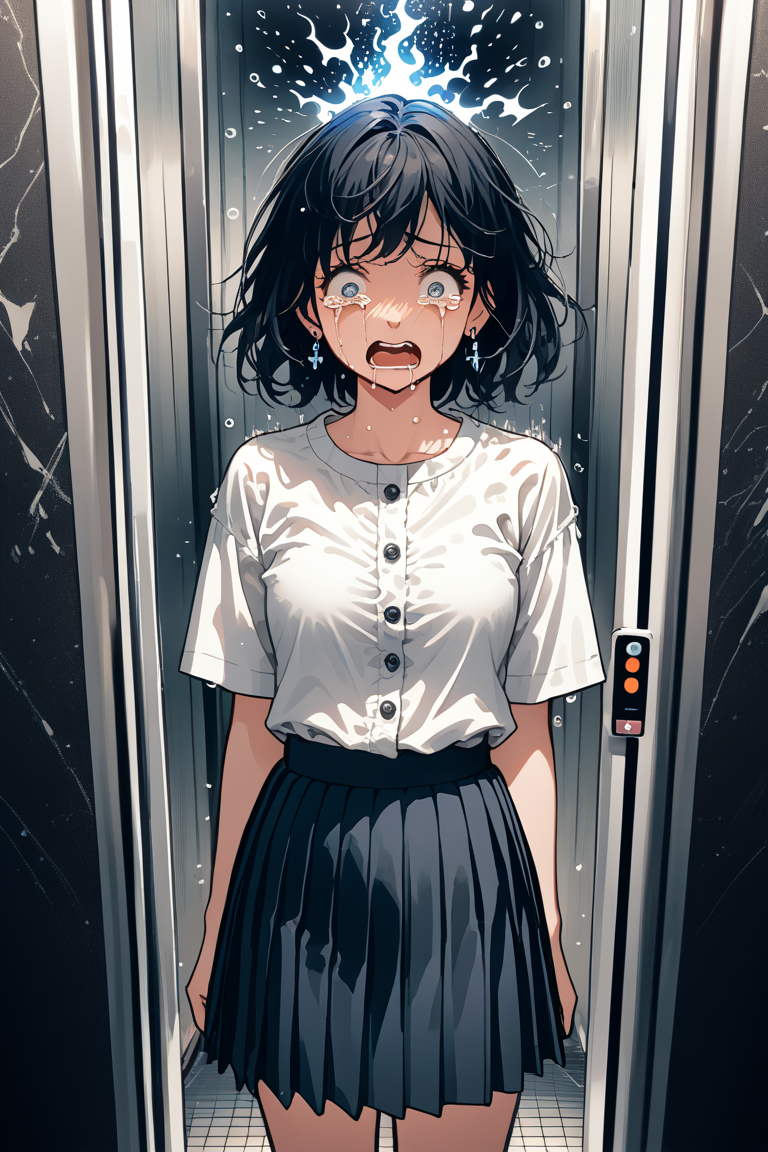What's Wrong with Character AI: Understanding the Flaws in Artificial Intelligence
Artificial Intelligence has made significant strides in various fields, yet character AI still faces several challenges and limitations. In this blog post, we delve into the intricacies of character AI, uncovering the issues that hinder its progress and exploring potential solutions.
Overview of Character AI
Character AI refers to the artificial intelligence systems governing non-playable characters (NPCs) in video games, virtual worlds, and simulations. These entities are meant to mimic human-like behaviors and interact with users in diverse ways.
Main Sections
1. Lack of Emotional Depth
One of the primary shortcomings of current character AI is the failure to display genuine emotions. While NPCs can simulate basic reactions, their responses often lack depth and authenticity, resulting in interactions that feel scripted and unnatural.
Subsection: The Uncanny Valley
The concept of the uncanny valley further exacerbates this issue, as characters that appear too human-like without actually being human can evoke feelings of unease or revulsion in users.
2. Limited Adaptive Capabilities
Character AI typically struggles to adapt dynamically to changing circumstances or user inputs. This rigidity can lead to repetitive behaviors and predictable responses, diminishing the overall user experience.
Subsection: Static Decision-Making Processes
Many character AI systems rely on predefined decision trees or algorithms, restricting their ability to respond flexibly to novel situations or unexpected events.
3. Unrealistic Social Interactions
Despite efforts to enhance social interaction models, character AI often fails to convincingly replicate human behaviors in social contexts. This lack of authenticity can detract from the immersive quality of storytelling and gameplay.
Subsection: Inconsistent Dialogue Systems
Dialogue systems used in character AI frequently suffer from limitations in natural language processing and contextual understanding, resulting in stilted conversations and disjointed interactions.
Key Takeaways
Character AI still grapples with significant challenges, including emotional depth, adaptive capabilities, and realistic social interactions. Addressing these flaws requires innovations in AI technology, human-computer interaction, and cognitive science to create more engaging and believable virtual characters.
 3.06
3.06 1256
1256















